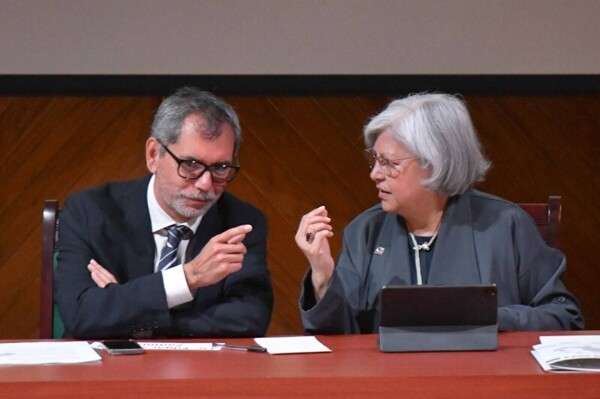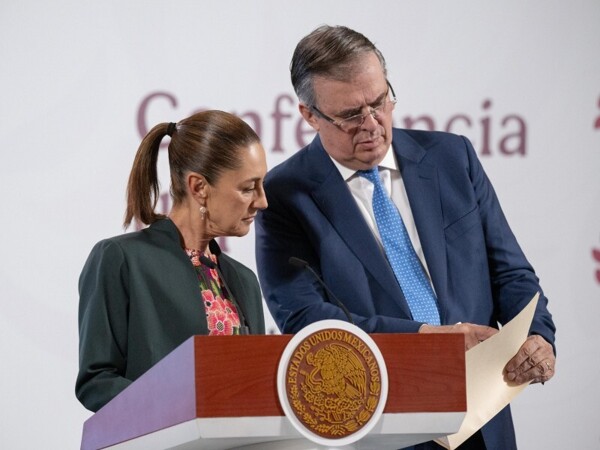
On the occasion of International Women's Day, the logistics intelligence platform SimpliRoute, together with the Tecnológico de Monterrey and the Association of Professionals in Logistics (APLOG), presented a preview of the second edition of the State of Logistics 2025 study. One of the most relevant findings is that 40% of logistics companies in Mexico still do not integrate women into their leadership teams, reflecting the ongoing challenges regarding inclusion and gender equity in a sector historically dominated by men.
According to data from the Women in Logistics study conducted by McKinsey, only 15% of executive positions in logistics companies in the country are held by women. In its first edition, 34% of companies reported having implemented artificial intelligence solutions, and this figure is expected to grow significantly this year, as more than a thousand companies participate in the analysis.
"Companies that bet on gender equity achieve up to 20% more operational efficiency," explained Álvaro Echeverría, CEO and co-founder of SimpliRoute. The challenge of balancing the gender scale is even greater in the transportation sector. According to a report from the National Chamber of Cargo Transportation (CANACAR), women represent only 10% of the workforce in transportation and logistics.
For Echeverría, digital transformation is a key opportunity to drive this change: "With the rise of automation and artificial intelligence, women can play a strategic role, leading the adoption of disruptive technologies and providing new perspectives for innovation," he affirmed.
The State of Logistics 2025 also provides an overview of how digitization, big data, and automation are revolutionizing the supply chain. Additionally, the study will expand its reach to Brazil, seeking to offer a more comprehensive view of logistics transformation in Latin America.
This figure highlights the persistent gender gap and the urgency to promote greater female participation, especially in key areas such as decision-making and technological innovation. "The State of Logistics 2025 not only analyzes trends and technological advances in the industry but also highlights the crucial role of promoting female participation."














